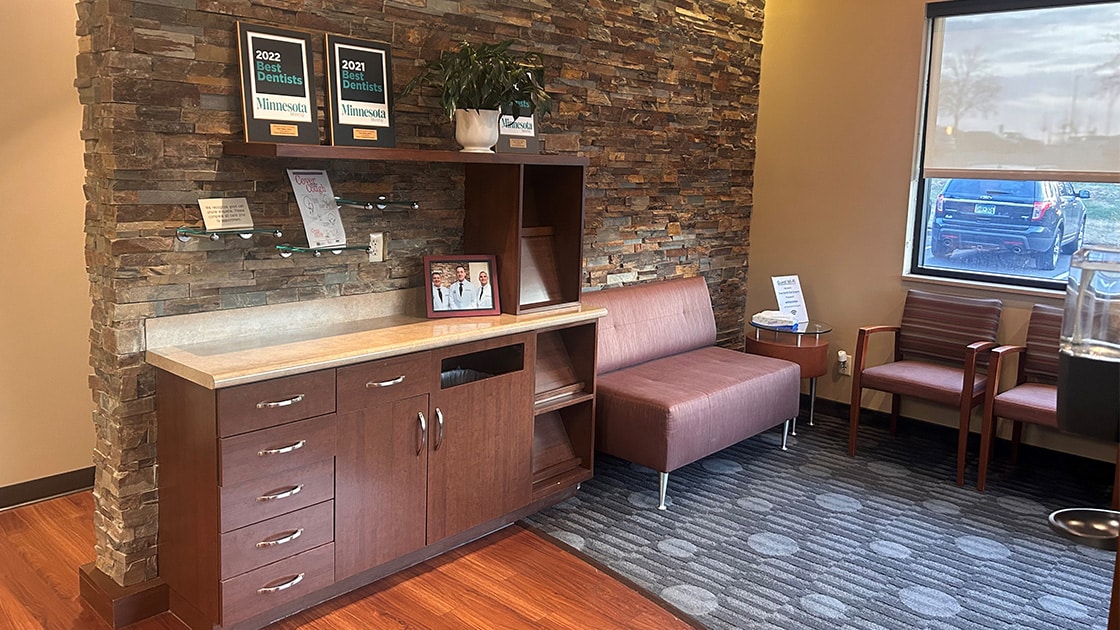
Our dental practice is deeply committed to empowering our patients with the knowledge and confidence necessary for making informed decisions about their dental health. We encourage you to delve deeper into our array of services and gain insights into your dental well-being by exploring the resources available on our website. With a firm belief in the power of education and informed choice, we strive to offer the highest standard of dental care, ensuring that you are well-informed and comfortable with every aspect of your treatment plan. Our dedication to excellence is evident in our commitment to not only care for your dental needs but also to equip you with the knowledge needed for a lifetime of optimal oral health.
Call
to schedule and appointment with True North Oral Surgery & Implants today!
If you don’t see the information you are looking for, please give us a call so we can answer your questions.
